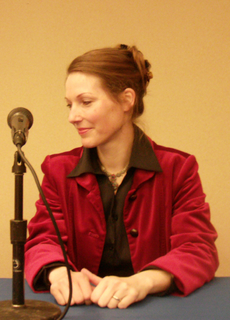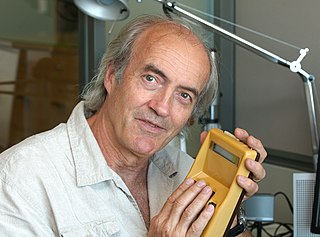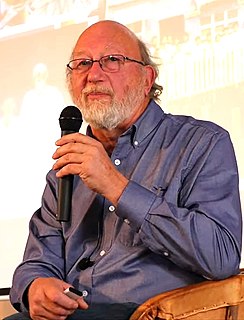A Quote by danah boyd
Social networks are like grease - in some cases, gasoline - for our personal business networking machines. If you aren't plugged in, you will be out-done by better-connected, hyper-networked colleagues and competitors.
Related Quotes
I think there's confusion around what the point of social networks is. A lot of different companies characterized as social networks have different goals - some serve the function of business networking, some are media portals. What we're trying to do is just make it really efficient for people to communicate, get information and share information.
In the digital universe, our personal history and its sense of narrative is succeeded by our social networking profile - a snapshot of the current moment. The information itself - our social graph of friends and likes - is a product being sold to market researchers in order to better predict and guide our futures.
Start by identifying the qualities or characteristics that make you distinctive from your competitors - or your colleagues. What have you done lately - this week - to make yourself stand out? What would your colleagues or your customers say is your greatest and clearest strength? Your most noteworthy (as in, worthy of note) personal trait?
We're being asked to continually be "authentic" and "honest" with the world through social media. There's a demand to post our wedding pictures, baby pictures (only minutes after the birth), our relationship status, and our grief and joys on Facebook and Instagram. Similarly, we construct persona through dating apps and networking sites. All of these social media networks exert pressure on us to share the personal details of our lives with unknown masses. So the pressure on the characters in "Openness" isn't merely romantic, but public/social as well.
One reason (among many) that women may well take over the world of "virtual enterprises" is that they seem to have a greater instinct for networking. And the unfettered-by-machismo males who have taken to networking will do better than those who shun it as "sissy stuff." But truth is, it has always been the age of "networkers"; and in an era where organizations depend more and more on tenuously connected outsiders to get the job done, it will only become so.
SDN is a major shift in the networking industry. At Juniper, we think the impact of SDN will be much broader than others have suggested. It will redefine networking and create new winners and losers. We're embracing SDN with clearly defined principles, a four-step roadmap to help customers adopt SDN within their business, and the networking industry's first comprehensive software-centric business model. We're incredibly excited about the value that SDN will deliver to our customers and are committed to leading the industry through this transition.

































